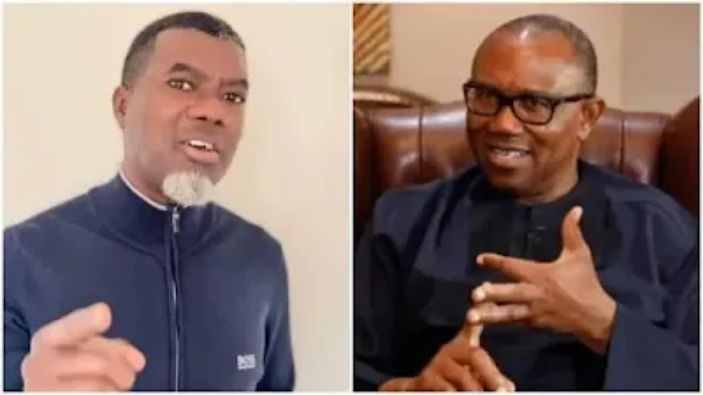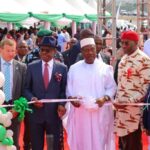Public discourse has intensified following recent statements by Peter Obi, former presidential candidate of the Labour Party, regarding the Yelewata massacre in Benue State and the alleged mismanagement of ₦210 trillion by the Nigerian National Petroleum Company Limited (NNPC Ltd.).
Obi had criticized the federal government’s response to the massacre, questioning President Bola Ahmed Tinubu’s handling of the situation and his public appearances during the national tragedy. Additionally, Obi expressed concern over reports of missing funds from NNPC accounts, referencing a Senate probe that had sparked online speculation.
Reno Omokri Fires Back
In response, political commentator and former presidential aide, Reno Omokri, issued a sharp rebuttal on his verified social media handle X (Formerly Twitter) , accusing Obi of politicizing national tragedies and misrepresenting facts surrounding the NNPC audit.
Omokri argued that opposition politics should focus on providing alternative policies rather than capitalizing on crises. He compared Obi’s remarks unfavorably to the reaction of opposition parties in India, who, following the April 2025 Pahalgam massacre, united with the ruling party in condemning terrorism rather than politicizing the tragedy.
Regarding the ₦210 trillion NNPC controversy, Omokri referenced clarifications made by Senator Aliyu Wadada, Chairman of the Senate Public Accounts Committee, who stated that the figure in question reflected cash call payments made to joint venture partners between 2017 and 2023, not missing funds.
NNPC Ltd. CFO, Mr. Adedapo Segun, also confirmed that the company had already responded to the committee’s queries, stressing that there was no financial discrepancy.
Public Reaction
Omokri’s remarks have sparked renewed debate on the role of the opposition in times of national crisis, as well as the importance of accurate interpretation of official documents.
While supporters of Obi say his statements reflect legitimate concerns, critics accuse him of opportunism and failing to propose actionable solutions.
As Nigeria heads toward the 2027 general elections, political rhetoric is expected to intensify. Observers continue to urge leaders across party lines to prioritize national unity and responsible communication.



